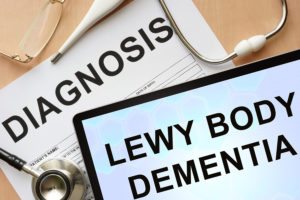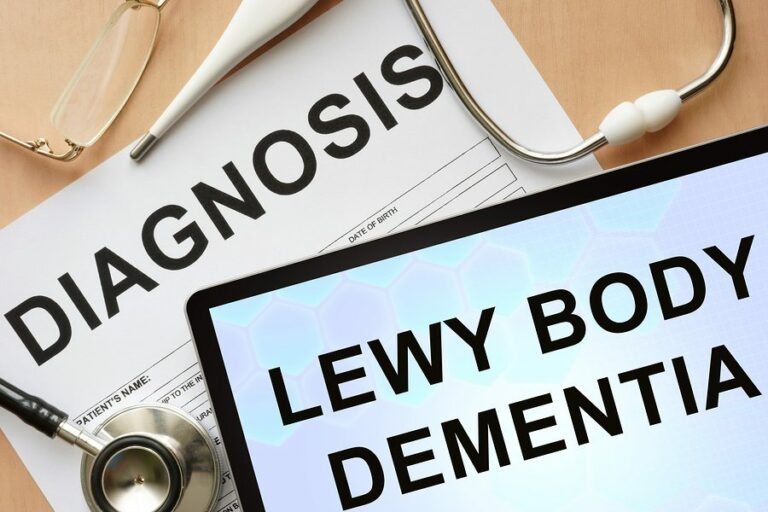
Lewy Body Dementia (LBD) is a disease that affects 1.4 million Americans. Though it is not rare, it is a disease that many people who work in the medical profession are relatively unfamiliar with. LBD is used to refer to two conditions, Parkinson’s with body dementia and dementia with Lewy bodies. The diseases differ because their initial symptoms are different, but patients with either disease will eventually undergo similar changes to the brain and exhibit the same symptoms. LBD is a disease that affects not just the patient, but also their family members because it affects the way the patient thinks and moves as well as their moods. For this reason, patients with LBD often need assistance, such as the help that a senior care provider hired through an agency can provide.
What are Lewy bodies?
Lewy bodies are deposits of protein that develop in areas of the brain that involve thinking, movement, and memory. They also develop in nerve cells. Lewy bodies are named after the doctor who discovered them, Frederick H. Lewy, MD. He discovered them in the early 1900s while working with Dr. Alois Alzheimer.
What are the symptoms of LBD?
Signs and symptoms of LBD vary from one patient to the next. Some signs and symptoms that may occur are:
- Changes in movement: People with LBD may exhibit movement symptoms similar to those associated with Parkinson’s, such as moving slowly, tremors, walking with a shuffle, and a hunched posture.
- Cognitive issues: Patients may have trouble thinking clearly with times of confusion and times of alertness. Patients may also experience memory loss and poor attention.
- Hallucinations: LBD can cause visual hallucinations, such as seeing animals, people, or shapes that are not present. Hallucinations are often among the earliest symptoms to appear. Hallucinations involving the senses of hearing, touch, and smell may also occur.
- Sleep Disorder: People with LBD sometimes experience rapid eye movement (REM) sleep disorders in which they act out their dreams while they are sleeping.
- Autonomic Nervous System Problems: LBD can affect systems and functions controlled by the autonomic nervous system, such as the digestive system, blood pressure, pulse, and sweating. This can result in dizzy spells, falls, and digestive problems like constipation.
Does LBD get worse?
LBD is a progressive disease. Patients in more advanced stages may experience:
- Aggression
- Depression
- Severe dementia
- Falls and injuries due to falling
- Advanced Parkinson’s symptoms, such as worsening tremors
On average, people with LBD live for eight years after symptoms start.
How can we get help for LBD?
Your doctor should be your first point of contact for any questions about LBD. He or she can help point your family in the right direction for treatment options. Because LBD can affect the whole family, you may want to join a support group to help you work through the emotional issues that come with having a family member diagnosed with LBD. It is also important that you find someone who can help care for your parent. A senior care provider can be hired through a home care agency to help your parent stay comfortably and safely at home for as long as possible.
If you or an aging loved one needs senior care in Davis, CA, remember Senior Home Care Services. Call us at (916) 514-7006 for more information.
Sources
https://www.lbda.org/category/3437/what-is-lbd.htm
http://www.mayoclinic.org/diseases-conditions/lewy-body-dementia/home/ovc-20200344
https://www.lbda.org/content/10-things-you-should-know-about-lbd
http://www.mayoclinic.org/diseases-conditions/lewy-body-dementia/symptoms-causes/dxc-20200348
http://www.alz.org/dementia/dementia-with-lewy-bodies-symptoms.asp
- Kitchen Tools That Make Eating Easier for Seniors - April 25, 2025
- Helping Seniors Reduce Health Anxiety - April 18, 2025
- Why Should Seniors Consider Adding Soy to Their Diets? - April 7, 2025


